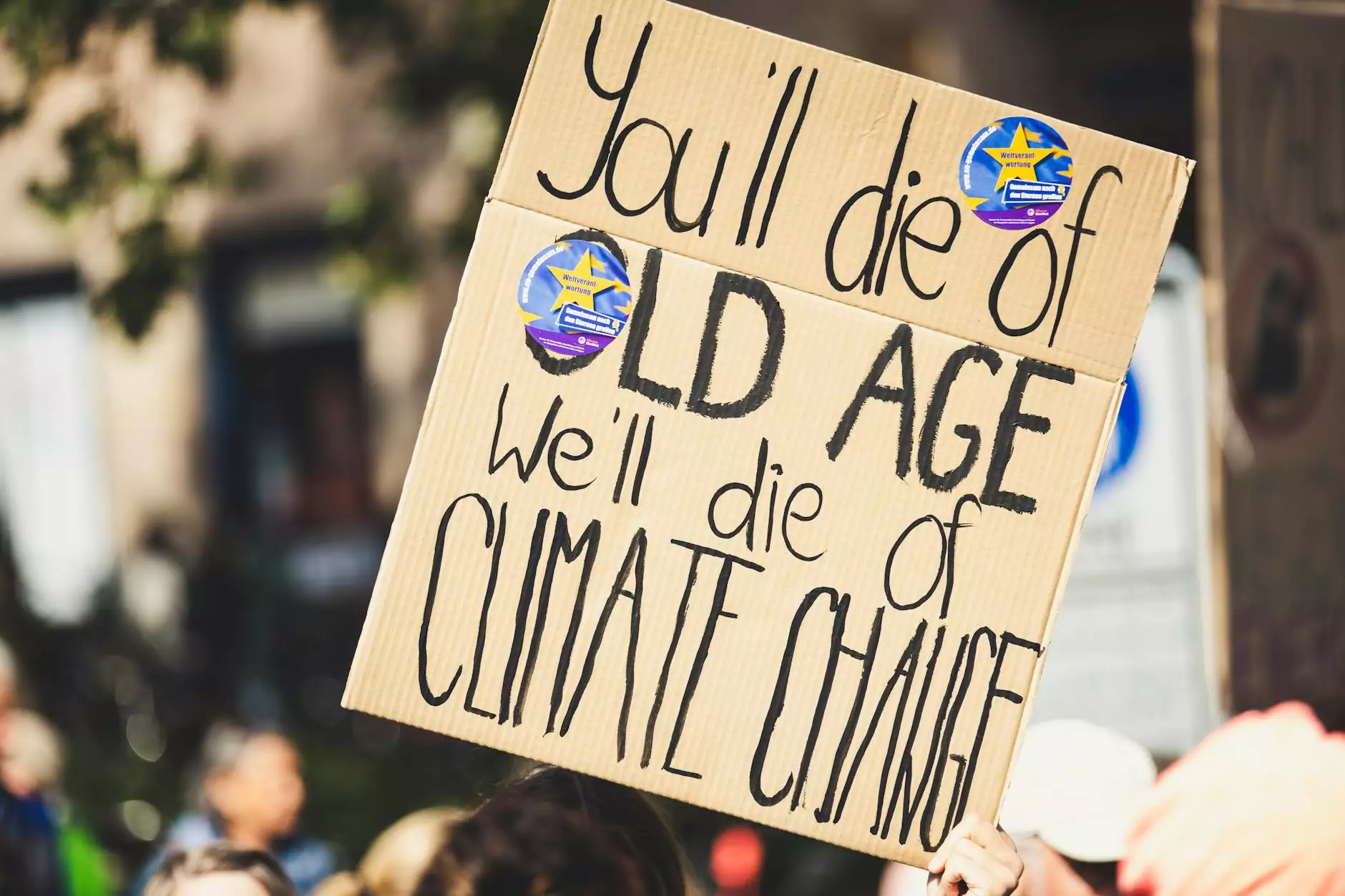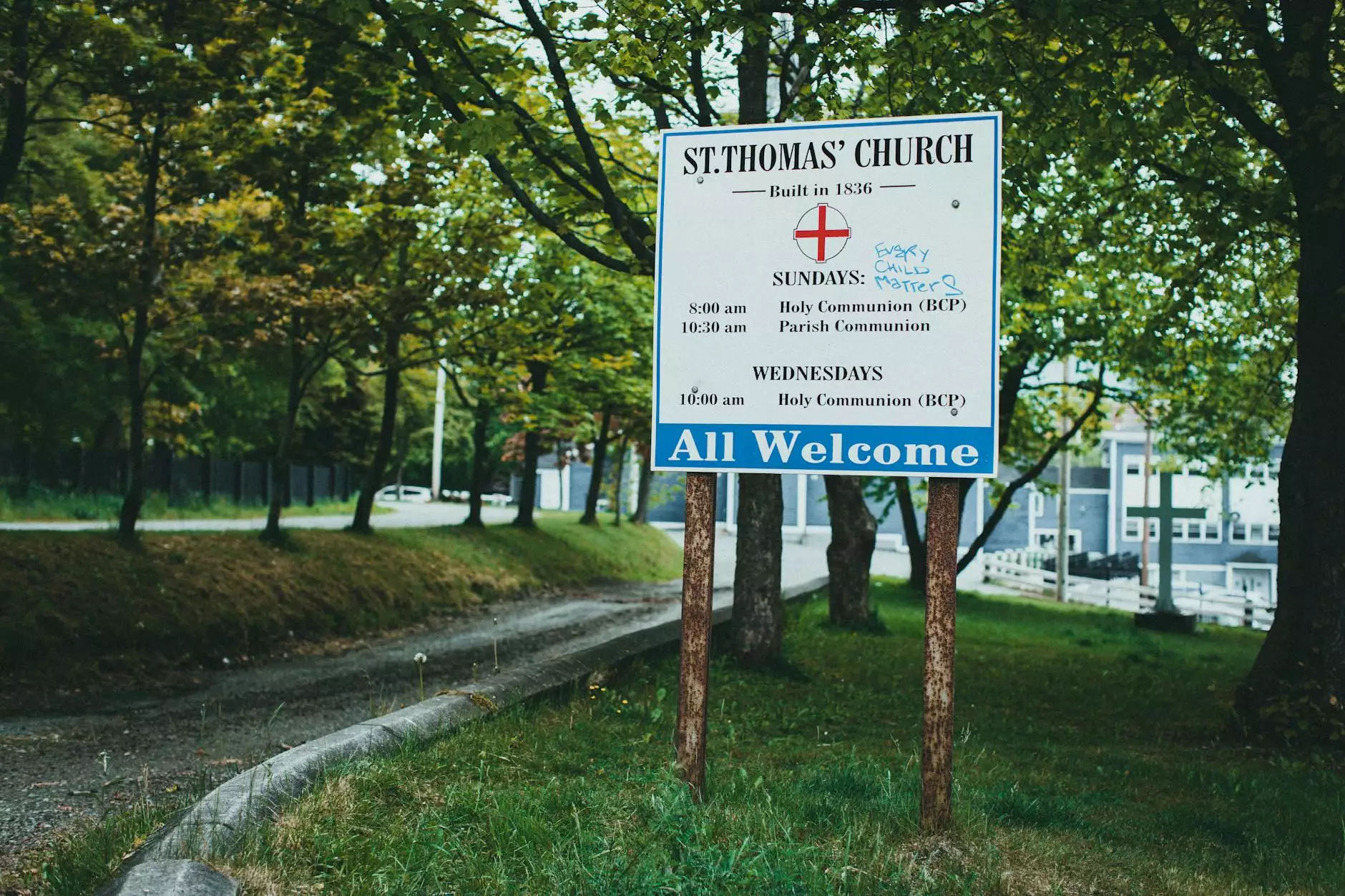How to Be a Good Neighbor According to the Bible (3 Ways)
Directions
Introduction
Welcome to Peace Church, your guide to living a meaningful and fulfilling life rooted in faith and community. In this article, we will explore the concept of being a good neighbor according to the Bible and provide you with three insightful ways to cultivate stronger bonds within your community.
1. Love Your Neighbor as Yourself
One of the foundational teachings of the Bible is the commandment to love your neighbor as yourself. This powerful principle emphasizes the importance of caring for others and treating them with kindness and respect. At Peace Church, we believe that living out this commandment is crucial for fostering harmonious relationships within our communities.
The Power of Empathy
Empathy plays a central role in loving your neighbor as yourself. It involves putting yourself in someone else's shoes and truly understanding their experiences, challenges, and joys. When we cultivate empathy, we can better appreciate the individuals around us, their unique circumstances, and their deepest needs.
Acts of Kindness
Loving your neighbor also manifests through acts of kindness. Small gestures, such as helping with chores, lending a listening ear, or offering a helping hand, can go a long way in creating a supportive and caring community. At Peace Church, we encourage our members to actively seek out opportunities to make a positive impact in the lives of others.
2. Practice Forgiveness and Reconciliation
Forgiveness and reconciliation are integral aspects of being a good neighbor according to the Bible. We believe that extending forgiveness to others, as God has forgiven us, allows healing and restoration to take place within our relationships and communities.
Letting Go of Resentment
Resentment and grudges only serve to create division and hinder personal growth. By practicing forgiveness, we release the burden of resentment and open up space in our hearts for compassion and understanding. Through forgiveness, we pave the way for reconciliation and stronger bonds with our neighbors.
Initiating the Reconciliation Process
When conflicts or disagreements arise, it is crucial to take proactive steps towards reconciliation. This involves approaching the situation with humility, seeking understanding, and engaging in open and honest communication. By initiating the reconciliation process, we demonstrate our commitment to nurturing healthy and thriving relationships with our neighbors.
3. Embrace Diversity and Inclusion
Embracing diversity and inclusion is another key component of being a good neighbor according to the Bible. God's love transcends all boundaries, and as followers of Christ, we are called to embrace and celebrate the unique characteristics and backgrounds of those around us.
Respecting Differences
Respecting differences means valuing and appreciating the varying perspectives, cultures, and beliefs within our communities. It involves actively seeking opportunities to learn from one another, while promoting an environment of acceptance and support.
Building Bridges of Unity
Creating unity amidst diversity requires intentional effort and a genuine desire to connect. At Peace Church, we endeavor to build bridges that bring people together, fostering a sense of belonging and shared purpose. Through shared activities, dialogue, and mutual respect, we can break down barriers and create a stronger, more inclusive community.
Conclusion
Being a good neighbor according to the Bible extends beyond mere words; it requires active participation and a commitment to love, forgiveness, and inclusivity. By embracing these three ways - loving your neighbor as yourself, practicing forgiveness and reconciliation, and embracing diversity and inclusion - we can create communities that embody the teachings of peace and unity found within the scriptures.
Join us at Peace Church as we embark on this inspiring journey of becoming better neighbors, cherishing our shared humanity, and enriching the lives of those around us.









